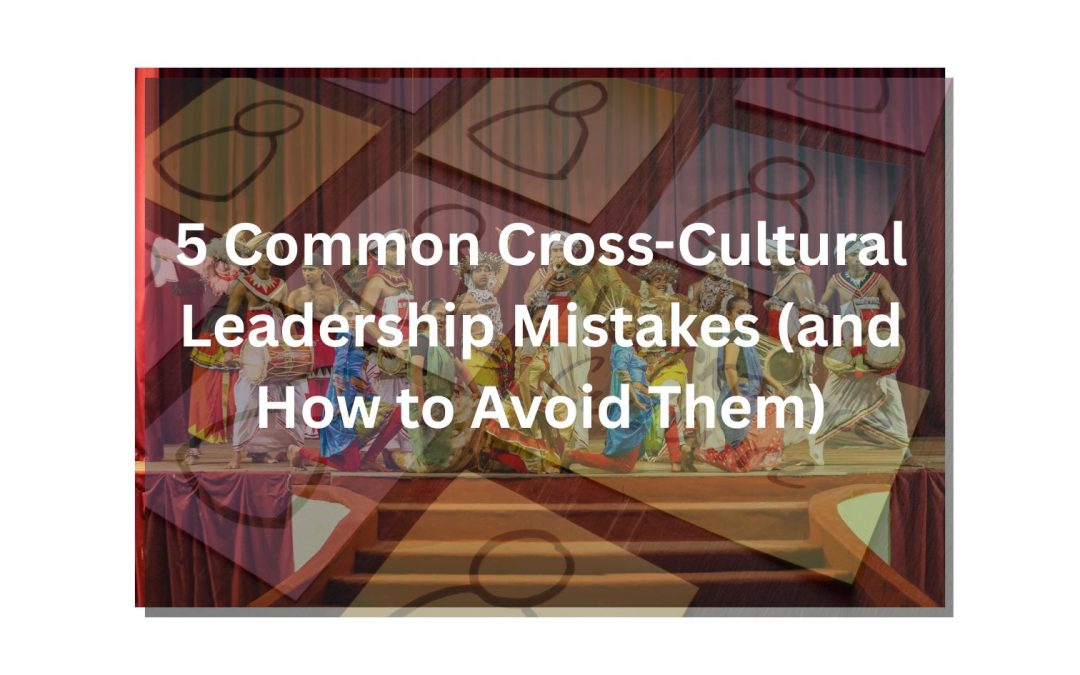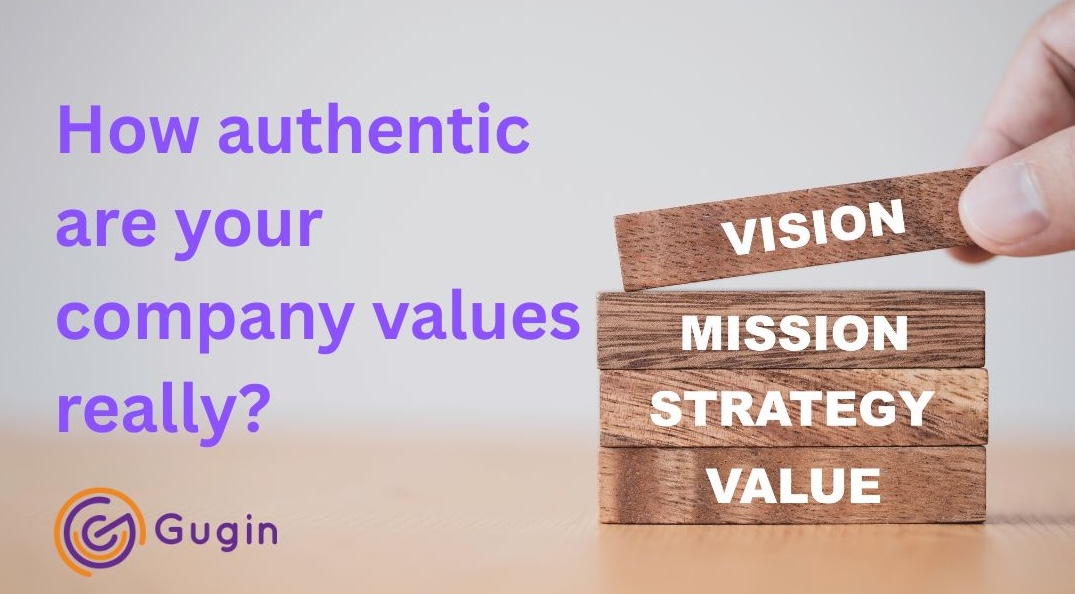Why Cultural Intelligence Is Essential to Combat Toxic Work Cultures — and How Gugin Can Help
Toxic workplace cultures are often subtle and insidious, manifesting through internal friction, departmental silos, and unspoken norms that hinder effective collaboration. These issues are frequently rooted in a lack of cultural intelligence — the ability to understand and bridge differences in values, behaviours, and communication styles.
The Hidden Costs of Internal Friction
Conflicts can emerge between departments, generational groups, or employees in different locations. These divisions typically lead to:
- Reduced performance – When people are focused on internal disputes rather than customer needs.
- Low morale – Collaboration breaks down, resulting in frustration and disengagement.
- Poor customer service – When internal issues take priority, service quality declines.
Left unchecked, these tensions can evolve into a toxic work culture — one where resistance, blame, and political manoeuvring become the norm.
How Gugin Supports Cultural Intelligence
Gugin is a global consultancy that helps organisations foster cultural intelligence across teams and leadership levels. Through their unique methodology, employees learn to:
- Develop empathy – Understand and respect differing viewpoints.
- Enhance cooperation – Collaborate across cultural and departmental divides.
- Drive innovation – Use diverse perspectives to spark creative thinking.
With a mix of online modules and in-person workshops, Gugin’s programmes are tailored to the specific dynamics of your organisation. They’ve worked with over 600 companies worldwide to build more inclusive and productive cultures.
Tackling Toxicity at the Core
Beyond general cultural training, Gugin offers specialised workshops to identify and repair toxic workplace cultures. These highly practical sessions help organisations:
- Recognise toxic patterns – Spot the early warning signs of a toxic environment.
- Implement cultural change – Apply tools like cultural nudging to shift behaviours.
- Facilitate open dialogue – Equip employees to address issues constructively.
For more, visit Gugin’s guide on how to repair a toxic workplace culture.
Why It Matters
Numerous studies underline the cost of ignoring culture. A 2022 MIT Sloan study identified toxic culture as the single biggest predictor of employee attrition, outpacing pay and work-life balance. In a 2023 FlexJobs survey, 68% of respondents said they had left a job because of a toxic environment.
As toxic workplaces undermine performance and retention, organisations that invest in cultural intelligence gain a strategic advantage.
Getting Started
Creating a healthy, high-performing workplace starts with cultural awareness. Gugin’s expertise helps you move from unspoken conflict to open collaboration — fostering a culture where employees thrive and innovation flourishes.
To explore how Gugin can support your organisation:
- Visit Gugin’s cultural intelligence programmes
- Read: Toxic Workplace Culture Costs More Than You Think
- Watch: 5 Ways to Fix a Toxic Workplace Culture
Investing in cultural intelligence is not just a human resource initiative — it’s a strategic move to future-proof your organisation.

Dr Finn Majlergaard
CEO Gugin, Professor, Keynote Speaker, Author
- We align your corporate culture with your strategy.
- We take you safely through major changes in your organisation.
- We develop the crucial cultural intelligence in your organisation by training your employees and leaders
- We help you develop a competitive advantage with a unique corporate culture
Gugin has helped more than 600 companies around the world creating a winning corporate culture.

How to successfully screw up a business meeting
It happens all the time - we screw up a business meeting. We have an important business meeting coming up (first meeting with mother-in-law included) and we need it go well. We are well-prepared. We know all the numbers forward and backwards, we have our sales pitches...

5 Common Cross-Cultural Leadership Mistakes (and How to Avoid Them)
Learn the top 5 mistakes leaders make when managing multicultural teams — and how to avoid them. Expert advice from Gugin’s cross-cultural leadership specialists.

Are the value statements on your corporate website real?
Sure! Here’s a more engaging, conversational, and personal version of your article, while keeping the original message and credibility intact: Why Your Company’s Values Aren’t What You Think They Are Let’s be honest—we’ve all been there. Sitting through yet another...

I just say things as they are…
I just say things as they are – is a phrase we often hear. It reveals that the person saying it has very low cultural and emotional intelligence

5 reasons you will never become a Leader
Do you want to become a leader. This article is about why you most likely will fail to become a leader. The article is also about what you can do yourself to change that situation. But you will probably find it is much harder than you anticipated.
